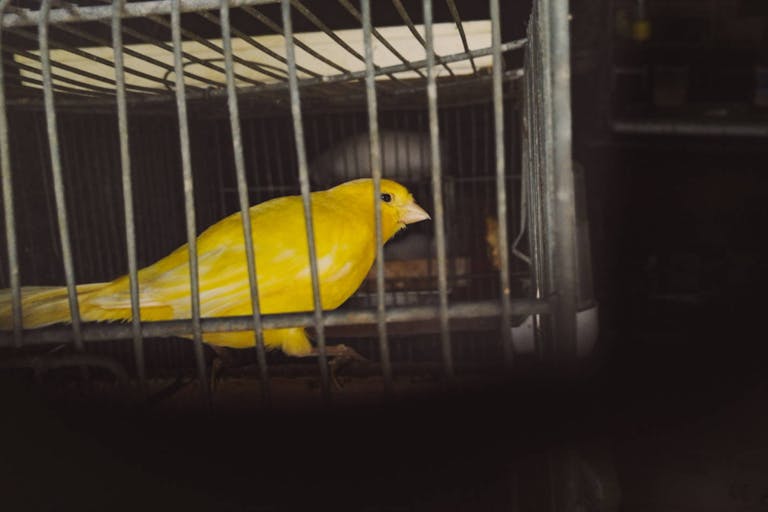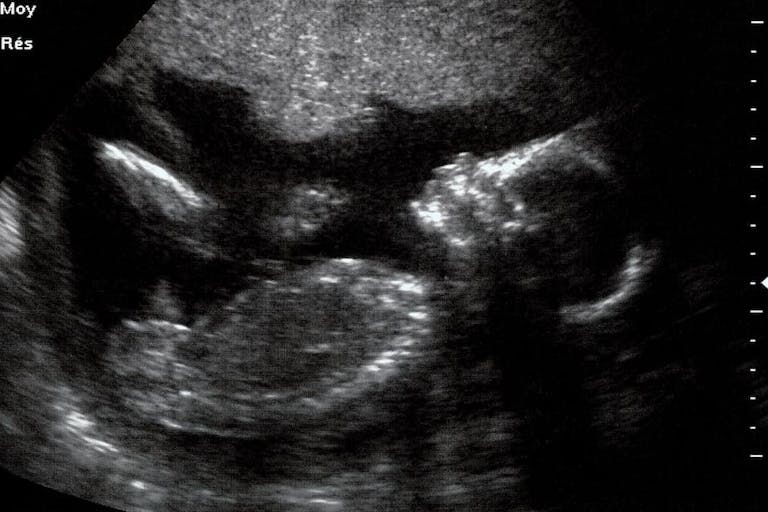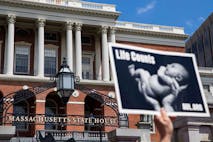
GUEST OPINION: Canada serves as a reminder to Americans to stand for life
Elizabeth Sutcliffe
·
Pro-life groups raise concern over Indiana State Senate’s bill to protect preborn children at fertilization
In a 26-20 vote, the Indiana State Senate passed a bill in a special session on Saturday that would protect most preborn children from abortion in the state. However, as previously reported by Live Action News, the Thomas More Society has warned pro-lifers that the text of Senate Bill 1 could inadvertently expand abortion.
According to the Daily Wire, Indiana is the first state to debate abortion and pass such protections since the Supreme Court overturned Roe v. Wade in the case of Dobbs v. Jackson Women’s Health Organization on June 24. Senate Bill 1 protects preborn children from the moment of fertilization, but includes exceptions for rape, incest, and to protect the life of the mother. Senate Bill 1 would make abortion a felony and would allow the state’s attorney general to prosecute abortion cases at a county level if a county prosecutor refuses to prosecute criminal abortions.
The Indianapolis Star reported that the vote was divided, with some pro-life legislators voting against the bill because they felt it didn’t go far enough and some more moderate Republicans voting against it because they thought it went too far in protecting preborn children from fertilization.
The bill changes the state’s previous definition of abortion. The bill redefines “abortion” as “the termination of human pregnancy with an intention other than to: (1) produce a live birth; or to (2) remove a dead fetus; or (3) terminate a pregnancy where the fetus suffers from an irremediable medical condition that is incompatible with sustained life outside the womb, regardless of when the child is born.” Adding number 3 to the definition of abortion means that the state of Indiana will no longer see the discriminatory killing of undelivered babies who have specific health conditions as an “abortion,” but possibly as a treatment for the child’s condition.
READ: Federal court allows Indiana law prohibiting D&E abortions to take effect
Thomas More Society Vice President and Senior Counsel Peter Breen explained, “Termination of pregnancy in these circumstances would no longer be considered an ‘abortion,’ which would effect a significant expansion of abortion in Indiana, with grave consequences to unborn children, pregnant women, and pro-life healthcare providers…”
In a memo to the Indiana General Assembly, Breen explained that the consequences could include a loss of conscience protections for pro-life health care providers, an expansion of taxpayer-funded abortion within a generation, and the partial repeal of the Live Fetal Dismemberment Abortion Ban. If signed into law, the bill would repeal informed consent requirements for the abortions of babies with “lethal fetal anomalies” and partially repeal of the Disability-Discrimination Abortion Ban.
Article continues below
Dear Reader,
In 2026, Live Action is heading straight where the battle is fiercest: college campuses.
We have a bold initiative to establish 100 Live Action campus chapters within the next year, and your partnership will make it a success!
Your support today will help train and equip young leaders, bring Live Action’s educational content into academic environments, host on-campus events and debates, and empower students to challenge the pro-abortion status quo with truth and compassion.
Invest in pro-life grassroots outreach and cultural formation with your DOUBLED year-end gift!
The memo also notes:
SB1’s Redefinition of “Abortion” Would Increase Taxpayer Funding for Abortion; Strip Conscience Protections from Pro-Life Healthcare Providers; and Repeal (all or in part) Indiana’s Live Dismemberment Abortion Ban, Informed Consent Requirements, Ban on Abortions of Disabled Children, Requirement of Dignified Disposition of Aborted Fetal Remains, and Prohibition of Aborted Fetal Tissue Trafficking.
The National Right to Life Committee (NRLC) along with Indiana Right to Life also issued a release, stating, “SB 1 was drafted without consultation from any state, local or national pro-life group or expert. Instead, SB 1 was drafted with the advice from organizations and experts who have made abortion on demand part of their mission.”
Despite these concerns, bill author Senator Sue Glick said, “The passage of Senate Bill 1 is a huge step forward in protecting the life of the unborn children in our state. We have put together a bill that would not criminalize women and would protect the unborn whose voices have been silenced for the past 50 years under Roe v Wade. Now, we understand this may not be the final version of the bill, and we are only through the first half of its long journey to becoming law, but we have put together a pro-life framework that, in my opinion, is fair and just.”
Editor’s Note, 8/2: More information was added from the Thomas More Society memo and from NRLC.
“Like” Live Action News on Facebook for more pro-life news and commentary!
Live Action News is pro-life news and commentary from a pro-life perspective.
Contact editor@liveaction.org for questions, corrections, or if you are seeking permission to reprint any Live Action News content.
Guest Articles: To submit a guest article to Live Action News, email editor@liveaction.org with an attached Word document of 800-1000 words. Please also attach any photos relevant to your submission if applicable. If your submission is accepted for publication, you will be notified within three weeks. Guest articles are not compensated (see our Open License Agreement). Thank you for your interest in Live Action News!

Elizabeth Sutcliffe
·
Politics
Cassy Cooke
·
Politics
Bridget Sielicki
·
Human Interest
Angeline Tan
·
Issues
Bridget Sielicki
·
Human Interest
Bridget Sielicki
·
Issues
Nancy Flanders
·
Human Interest
Nancy Flanders
·
Investigative
Nancy Flanders
·
Pop Culture
Nancy Flanders
·
Human Interest
Nancy Flanders
·